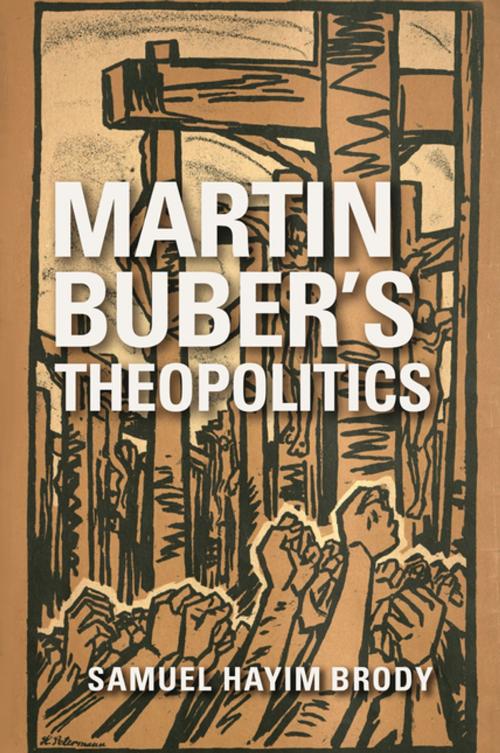| Author: | Samuel Hayim Brody | ISBN: | 9780253035370 |
| Publisher: | Indiana University Press | Publication: | February 16, 2018 |
| Imprint: | Indiana University Press | Language: | English |
| Author: | Samuel Hayim Brody |
| ISBN: | 9780253035370 |
| Publisher: | Indiana University Press |
| Publication: | February 16, 2018 |
| Imprint: | Indiana University Press |
| Language: | English |
How did one of the greatest Jewish thinkers of the 20th century grapple with the founding of Israel and the Israeli-Palestinian conflict—one of the most significant political conflicts of his time? Samuel Hayim Brody traces the development of Martin Buber's thinking and its implications for the Jewish religion, for the problems posed by Zionism, and for the Zionist-Arab conflict. Beginning in turbulent Weimar Germany, Brody shows how Buber's debates about Biblical meanings had concrete political consequences for anarchists, socialists, Zionists, Nazis, British, and Palestinians alike. Brody further reveals how Buber's passionate commitment to the rule of God absent an intermediary came into conflict in the face of a Zionist movement in danger of repeating ancient mistakes. Brody argues that Buber's support for Israel stemmed from a radically rich and complex understanding of the nature of the Jewish mission on earth that arose from an anarchist reading of the Bible.
How did one of the greatest Jewish thinkers of the 20th century grapple with the founding of Israel and the Israeli-Palestinian conflict—one of the most significant political conflicts of his time? Samuel Hayim Brody traces the development of Martin Buber's thinking and its implications for the Jewish religion, for the problems posed by Zionism, and for the Zionist-Arab conflict. Beginning in turbulent Weimar Germany, Brody shows how Buber's debates about Biblical meanings had concrete political consequences for anarchists, socialists, Zionists, Nazis, British, and Palestinians alike. Brody further reveals how Buber's passionate commitment to the rule of God absent an intermediary came into conflict in the face of a Zionist movement in danger of repeating ancient mistakes. Brody argues that Buber's support for Israel stemmed from a radically rich and complex understanding of the nature of the Jewish mission on earth that arose from an anarchist reading of the Bible.















